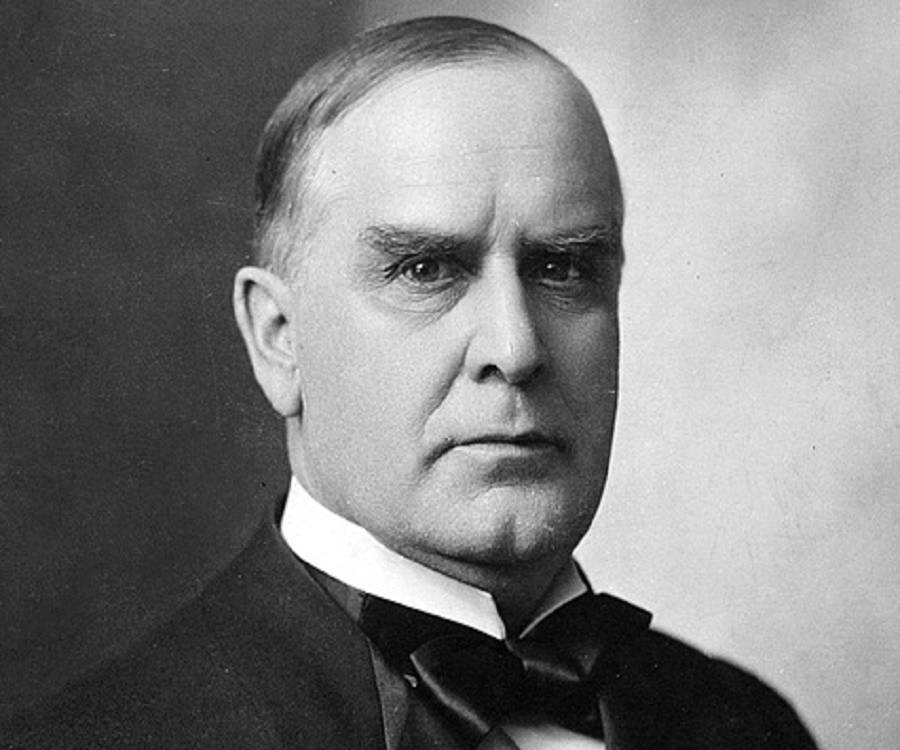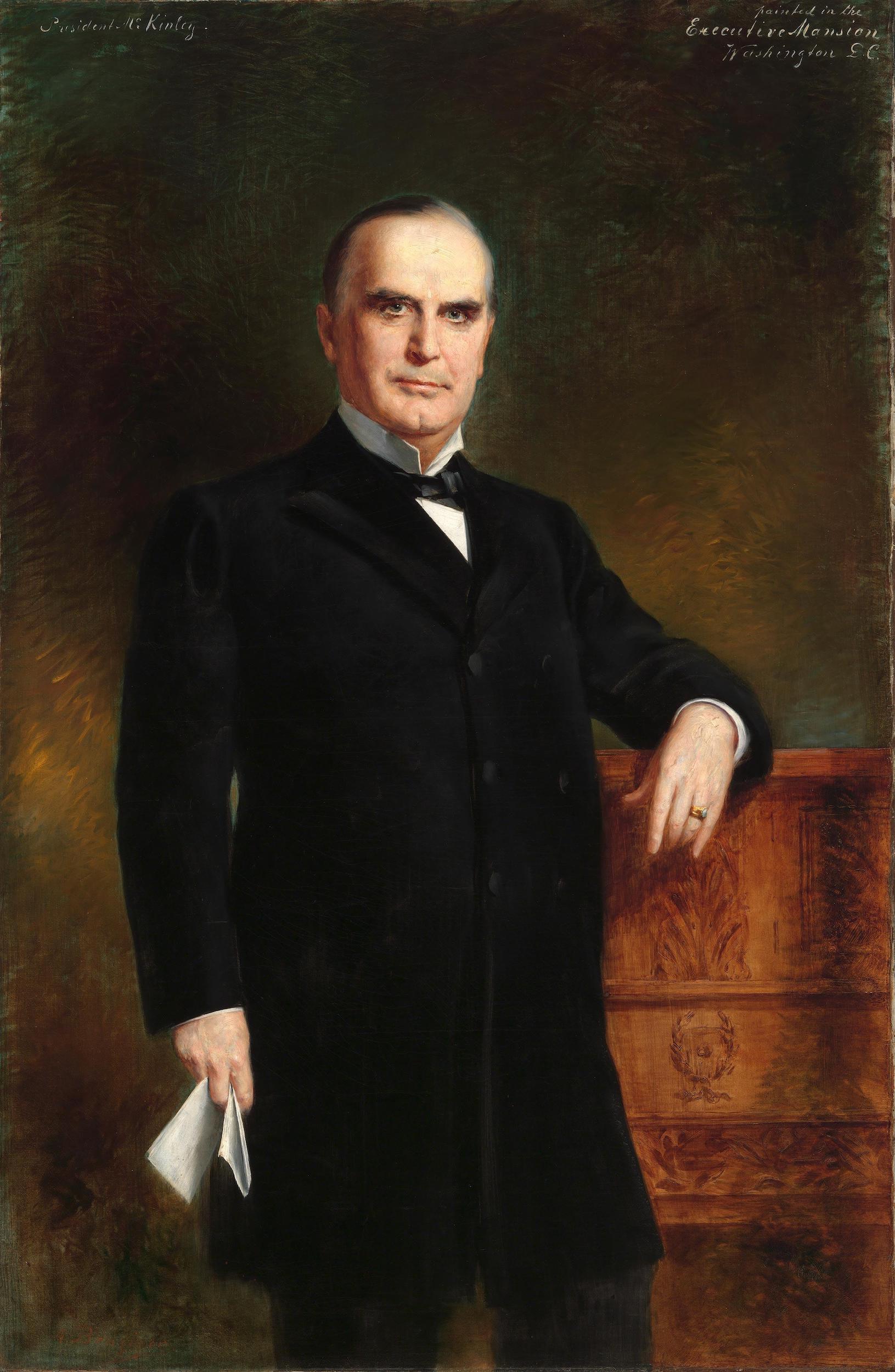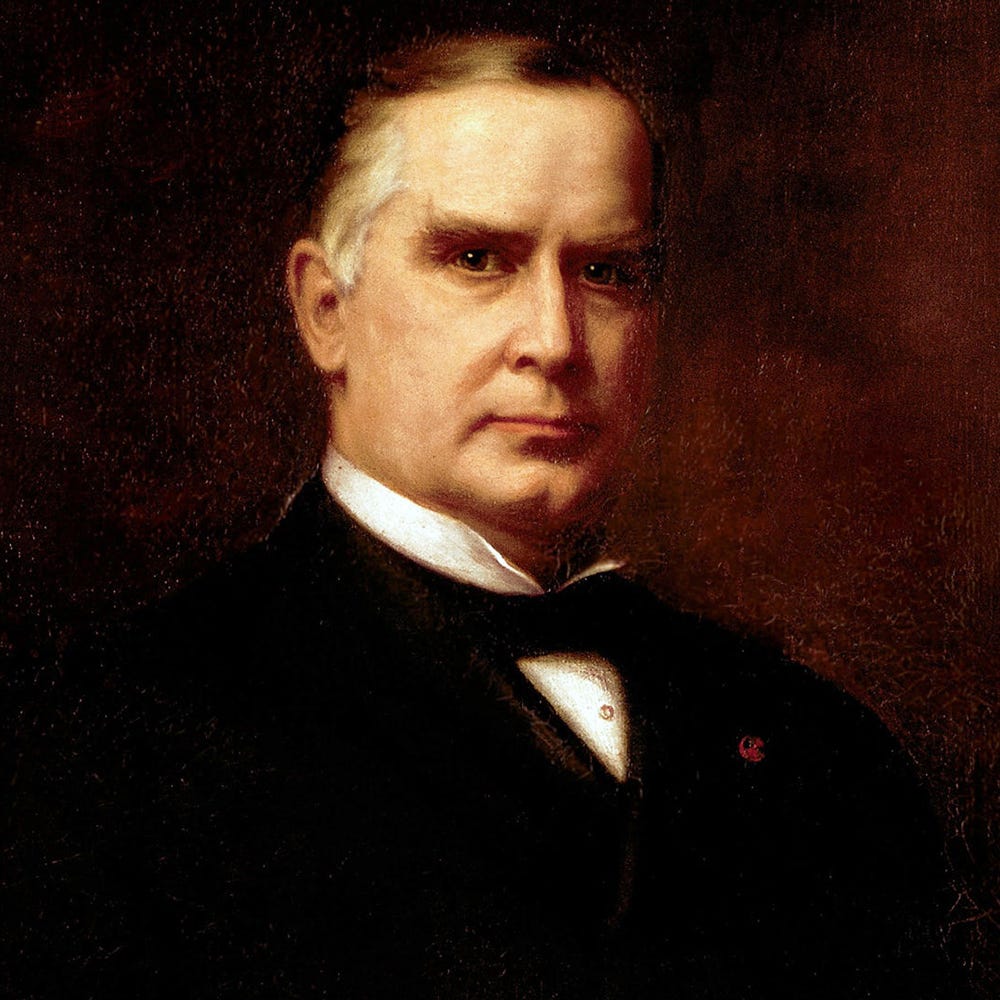The McKinley Richardson Leak - Public Content And Private Moments
When personal content surfaces online without permission, it often brings about a wave of discussion and a lot of questions. This kind of situation, like the one involving McKinley Richardson, really makes us think about what happens when our private lives meet the wide-open digital space. It shows us, in a way, just how quickly things can spread and how difficult it can be to pull them back once they are out there for everyone to see.
You see, there is a lot to consider when something like the McKinley Richardson leak comes into public view. It is not just about the pictures or videos themselves; it is also about the ripple effect these moments have on the people involved, the audience, and even the larger conversation about what we share online. This kind of event, actually, shines a light on the many different views people hold about personal content and public access.
It can feel a bit like a whirlwind, with so many opinions and details flying around. What some people might see as a simple act of sharing, others might view as a serious breach of privacy. The discussion around the McKinley Richardson leak, therefore, touches on topics from how content creators manage their work to the way we all interact with information that spreads online, sometimes without permission.
Table of Contents
- McKinley Richardson - A Glimpse at Her Public Presence
- What Really Happened with the McKinley Richardson Leak?
- How Does the Creator Economy Play a Part in the McKinley Richardson Leak?
- Social Media - Its Reach and the McKinley Richardson Leak
- What Are the Public's Thoughts on the McKinley Richardson Leak?
McKinley Richardson - A Glimpse at Her Public Presence
McKinley Richardson has, over time, built a presence that many people recognize. She is, in some respects, a figure who has gathered attention through various online activities. People know her for her work as a model and an influencer, someone who puts content out there for others to enjoy. This public persona means that many eyes are often on her, which, you know, comes with its own set of unique circumstances.
Her work often involves sharing parts of her life and her creative efforts with a wide audience. This is a path many individuals take these days to connect with fans and to build a career. It is a way of being seen, of sharing one's talents, and of forming connections with people who appreciate what you do. This kind of visibility, however, also means that personal situations can become public matters very quickly, as seen with the McKinley Richardson leak.
The nature of being a public figure, even one who shares a lot, means there is a constant balance to strike. There is the part of life that is for everyone to see and then there are the parts that are meant to stay private. When these lines get blurry, it can create quite a stir. So, understanding her role as a content creator helps us get a better sense of the broader discussion around these kinds of events.
Personal Details and Public Profile
Here is a brief look at some general aspects related to public figures like McKinley Richardson, based on common knowledge about influencers and models:
| Known For | Content creation, modeling, online presence |
| Platforms | OnlyFans, social media sites like Twitter and Instagram |
| Associated With | Jack Doherty (as a partner in some reported content) |
| Public Perception | Influencer, content creator, model |
What Really Happened with the McKinley Richardson Leak?
The situation involving what people call the McKinley Richardson leak came to public attention when certain private materials, apparently from her OnlyFans account, started circulating without her consent. It seems, too it's almost, these items included videos and pictures that were not meant for general viewing. This kind of event often creates a big buzz because it touches on very personal aspects of someone's life that were not intended for a wide audience.
Reports suggest that some of this content featured her partner, Jack Doherty, which added another layer to the story. When content like this goes viral, it spreads incredibly fast across different online platforms, like Reddit and Twitter. This rapid spread makes it very difficult, virtually impossible, to control once it is out there. It is a bit like trying to catch smoke once it has left the chimney.
The core of the issue, really, is about content that was private suddenly becoming public. Whether the content was originally shared on a subscription platform like OnlyFans or was truly meant to be completely private, its unauthorized appearance online is what sparks the concern. This particular McKinley Richardson leak, therefore, became a talking point because it raised questions about digital security and personal boundaries.
The Details Surrounding the McKinley Richardson Leak
The specific details about how the McKinley Richardson leak occurred are often the subject of much discussion. What is clear is that content meant for a select group, or perhaps just for personal use, found its way onto public forums. This often happens when digital security measures are bypassed or when someone shares content they should not. The very act of this material appearing where it was not supposed to be is what makes it a "leak."
It is worth noting that the internet has a way of remembering things, and content, once it is out, tends to stay out. This means that even if the original source of the McKinley Richardson leak is taken down, copies can pop up elsewhere. This makes the situation particularly challenging for those involved, as they might feel they have lost control over their own personal moments. It is, in a way, a permanent mark on the digital record.
The viral nature of this kind of content means that many people see it, often without knowing the full story or the impact it has on the person. This particular event, you know, became one of those big internet stories, talked about on various social media sites. It highlighted, once more, how quickly personal moments can turn into public spectacles, especially when they involve figures known to the public.
How Does the Creator Economy Play a Part in the McKinley Richardson Leak?
The creator economy, where people make money by producing content for an audience, has grown quite a bit. Platforms like OnlyFans let creators share exclusive content with subscribers who pay for access. This model offers a way for people to earn a living directly from their fans. However, as the McKinley Richardson leak shows, it also comes with its own set of risks and challenges that creators must consider.
One of the main points of concern for creators is the protection of their content. When you share something, even on a platform designed for paid access, there is always a chance it could get out. This is a risk that creators, in a way, take on when they decide to share their work. The McKinley Richardson leak, for example, really put a spotlight on these vulnerabilities, showing how even paid content can become public without permission.
Creators put a lot of themselves into their work, and when that work is compromised, it can feel like a very personal violation. They might lose money, yes, but they also lose control over their creative output and their personal image. This situation, you know, makes people think harder about the safety measures in place and what happens when those measures fail. It is a difficult line to walk for anyone making a living this way.
Risks and Rewards for Creators After the McKinley Richardson Leak
For individuals working in the creator economy, there is a clear trade-off between the potential for financial gain and the chance of content being shared without permission. The rewards can be substantial, offering a direct connection to fans and a way to monetize creative efforts. However, the McKinley Richardson leak serves as a pretty clear reminder of the downsides. It shows that even with paid subscriptions, content can still end up in places it was not meant to be.
Creators often have to think about how much of their personal lives they are willing to share. There is a balance between being authentic and keeping certain things private. When a leak happens, that balance is completely thrown off. It can affect their income, their reputation, and their overall sense of security. This is, in some respects, a constant worry for those who put themselves out there online.
The broader discussion around the McKinley Richardson leak also brings up the idea of responsibility. Some people might argue that if content is put online, even behind a paywall, it carries a certain risk. Others believe that creators have every right to expect their content to remain private unless they choose otherwise. This difference in opinion, you know, highlights the ongoing debate about digital ownership and privacy in the age of online content creation.
Social Media - Its Reach and the McKinley Richardson Leak
Social media platforms have changed how we share and receive information. They can make something go from a small piece of news to a worldwide topic in a very short time. This incredible reach means that when something like the McKinley Richardson leak happens, it does not just stay in one place. It spreads across Twitter, Reddit, and other sites, reaching millions of people very quickly.
The way these platforms work, with shares and reposts, means that content can take on a life of its own. It is almost like a snowball rolling down a hill, picking up speed and size as it goes. This makes it very difficult for anyone to control the spread of information, especially when it is something that creates a lot of discussion or curiosity. The sheer volume of people who can see and share something means that once it is out, it is really out there.
This power of social media comes with a flip side. While it can be a tool for connection and information sharing, it also has the ability to spread private content without consent, causing distress. The McKinley Richardson leak, therefore, shows us the immense power these platforms hold, both for good and for situations that are less positive. It makes us think about how we, as users, contribute to the spread of content, whether we mean to or not.
The Impact of Viral Spread on the McKinley Richardson Leak
When content goes viral, as it did with the McKinley Richardson leak, it means that a huge number of people see it very quickly. This rapid spread can have a significant impact on the person involved. Their private moments become public discussion points, and their personal lives become subjects of speculation for many strangers. It is a very overwhelming experience for anyone to go through.
The nature of viral content also means that the original story can get twisted or misrepresented as it travels. People add their own comments, their own interpretations, and sometimes, this can lead to a narrative that is not entirely accurate. This is, in a way, one of the trickier parts of things going viral – the truth can get lost in all the noise. The McKinley Richardson leak, like other similar events, likely saw many different versions of the story circulating.
Furthermore, once something has gone viral, it can be very hard to make it disappear. Even if platforms try to remove the content, it often resurfaces elsewhere, as people download and re-upload it. This persistence means that the impact of the McKinley Richardson leak can last for a long time, affecting the individual's reputation and personal peace for years to come. It truly highlights the permanent mark that digital content can leave.
What Are the Public's Thoughts on the McKinley Richardson Leak?
The public's reaction to something like the McKinley Richardson leak is often varied, to say the least. Some people express concern for the individual's privacy, feeling that private content should stay private, no matter how it initially surfaced. They might feel that circulating such material is a breach of trust and a violation of personal boundaries. This group often emphasizes the human cost of such events, focusing on the feelings of the person involved.
On the other hand, there are those who hold a different view. Some people might suggest that if content is willingly put online, even on a paid platform, there is a certain expectation of it potentially becoming public. They might argue that creators who share personal content for money should be aware of these risks. This perspective, you know, tends to focus more on the choices made by the content creator rather than the actions of those who share the material without permission.
Then there is also the group of people who are simply curious, drawn in by the sensational nature of the story. They might not have strong opinions either way but are interested in seeing what the fuss is about. This wide range of reactions makes the discussion around the McKinley Richardson leak quite complex, showing how different people view privacy, responsibility, and public information in the digital age. It is, in a way, a reflection of our broader societal views on these matters.
Public Discourse and the McKinley Richardson Leak
The public discussion surrounding the McKinley Richardson leak often becomes a space where different ideas about digital life clash. Some people talk about the idea of "victim blaming," suggesting that it is unfair to hold the person whose content was leaked responsible for its spread. They argue that the focus should be on those who illegally shared the material. This viewpoint often emphasizes the need for stronger digital protection and respect for individual privacy, regardless of the content's nature.
Conversely, some parts of the public conversation might bring up the idea of personal accountability in the age of content creation. They might suggest that individuals who create and share explicit content, even on private platforms, should be fully aware of the potential for it to be compromised. This angle, basically, puts more emphasis on the creator's choices and the inherent risks of the internet. It is a very common point of discussion when these kinds of situations arise.
Ultimately, the way the public talks about the McKinley Richardson leak, and similar events, shows how much we are still trying to figure out the rules of digital interaction. There are no easy answers, and opinions often fall on different sides of the spectrum. This ongoing conversation, you know, helps shape how we think about privacy, content ownership, and the responsibilities we all have when sharing or viewing material online. It is a reflection of a society still learning to live with the vastness of the internet.

William McKinley Biography - Facts, Childhood, Family Life & Achievements

25. WILLIAM MCKINLEY (1897-1901) – U.S. PRESIDENTIAL HISTORY

William McKinley - Assassination, Presidency & Death